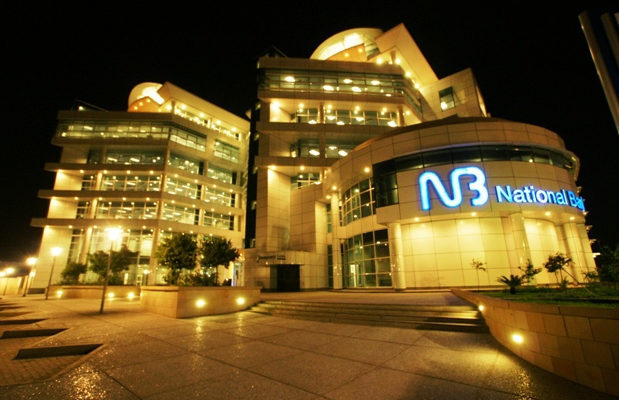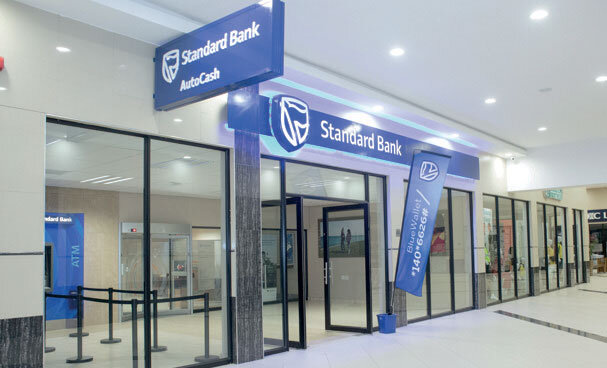
A forex cartel operating in Malawi has exposed that the Reserve Bank of Malawi (RBM), Anti-Corruption Bureau (ACB), and Financial Intelligence Authority (FIA) have been asleep at the wheel, as the syndicate operating in the country continues to externalize over $10 million every month, resulting in an annual loss of approximately $336 million for the country.
The investigation by The Investigator Magazine has shed light on the deep-rooted corruption within Malawi’s foreign exchange market and has implicated politicians, Asian-owned businesses, and financial institutions in these illicit activities.
The syndicate’s modus operandi includes the use of couriers, manipulation of bank cards, and collaboration with airport police just like the Gold Mafia. The investigation found that the syndicate is orchestrated by a group of young men, with the backing of police officers, including airport police, who facilitate the passage of bank cards by collecting them from teams and ensuring they bypass airport scanners. Just recently, five women were arrested at Kamuzu International Airport having been found with 338 ATM cards allegedly for externalising forex.
The syndicate has expanded its operations beyond Malawi’s borders, initially conducting cash externalization in Zambia before shifting their focus to South Africa after Malawian bank cards delayed in transfers. The proximity with Zambia made the country an easier target by the Forex Cartel.
The syndicate is now using South Africa as a preferred route, engaging in large-scale transactions involving money changers in Johannesburg. The funds were then transferred to accounts held at FNB Bank in Johannesburg, belonging to Malawian individuals and businesses involved in the syndicate.
In addition to politicians and businessmen, the investigation found links to influential individuals within the religious community. A prominent Sheikh in Lilongwe was identified as the main money exchanger, operating within a mosque and facilitating large transfers on behalf of businesses of Malawians of Asian origin. Furthermore, a well-known prophet in Lilongwe was implicated as a conduit for hundreds of thousands of dollars, which were then sent to South Africa and Dubai.
“All his money laundering is left to the young man we call BG. He coordinates the collection of money and flies into South Africa and Dubai every other week. The other colleague is Dennis, who is connected to the same ring. These boys can be traced through flights”, the Investigator Magazine which exposed the Forex Cartel has cited its source.
The consequences of this widespread corruption are severe, as Malawi’s foreign exchange reserves have dwindled to only six days’ worth, a critical situation for a nation heavily reliant on imports. The Investigator Magazine’s findings highlight the urgent need for immediate action to address the crisis and curb the activities of these forex cartels.
The investigation has also uncovered the complicity of Asian-owned foreign exchange bureaus and a money transfer service, allegedly used by government departments such as the Reserve Bank of Malawi and Ministry of Finance, in purchasing foreign currency at inflated rates. The main credit cards used in these transactions belong to National Bank and Standard Bank.

“Two well-known foreign exchange bureaus owned by Asians (we are seeking legal opinion before we name them as there is an existing court injunction obtained against Platform for Investigative Journalism) and a money transfer service are also used by government departments including the Reserve Bank of Malawi and Ministry of Finance to buy forex at higher rates and share the difference. The Forex Cartel is using businesswomen and young men to collect cards from college students and businesses and National Bank and Standard Bank are the main cards that have been used in the transactions”, reports The Investigator.
The negligence and incompetence of the Reserve Bank of Malawi (RBM) as a regulator, as well as the Anti-Corruption Bureau (ACB) and Financial Intelligence Authority (FIA), have allowed the Forex Cartel to flourish in the country.
“So, apparently, the Reserve Bank and the Financial Intelligence Authority are now “investigating” the 338 chipeleganyu ATM cards. Where were you all this time?” queried activist, Onjezani Kenani.
The investigation further reveals that the syndicate has been operating for several years, and that it has benefited from the complicity of government officials and law enforcement officers. The findings of the investigation have been met with calls for action from civil society groups and opposition politicians.
The investigation by The Investigator Magazine is a major step forward in exposing the deep-rooted corruption that is plaguing Malawi’s foreign exchange market. It is now up to the government to take action to address this crisis and ensure that the country’s foreign exchange reserves are protected. However, Malawi24 could not substantiate the expose.














